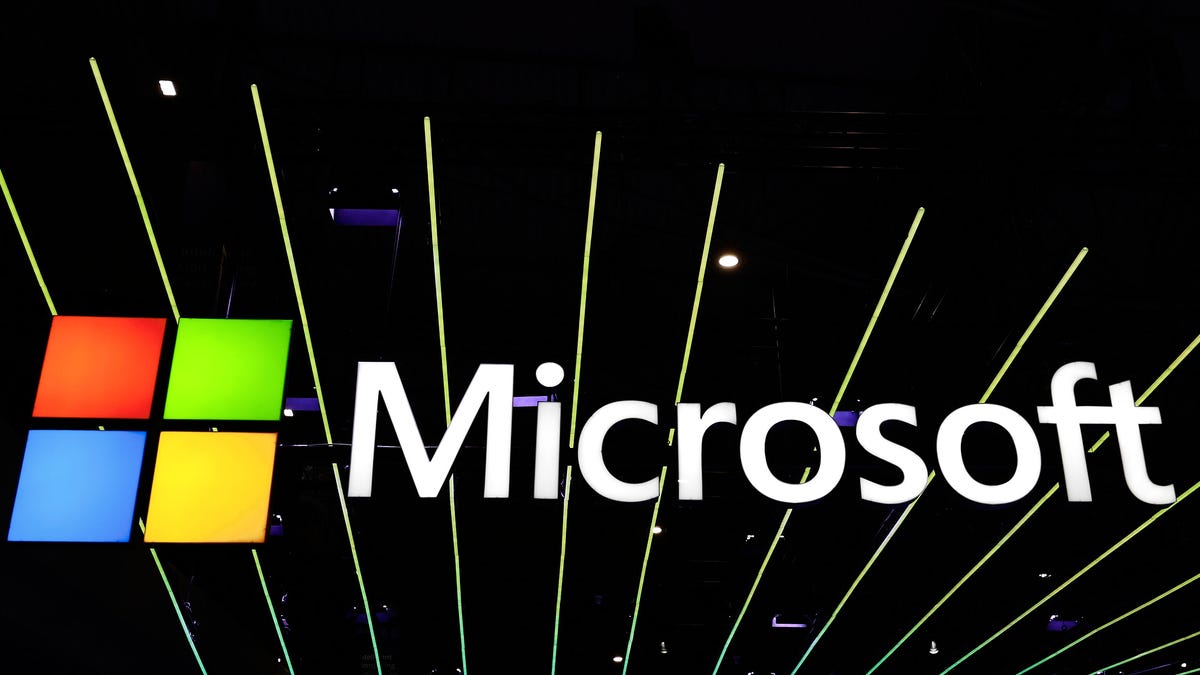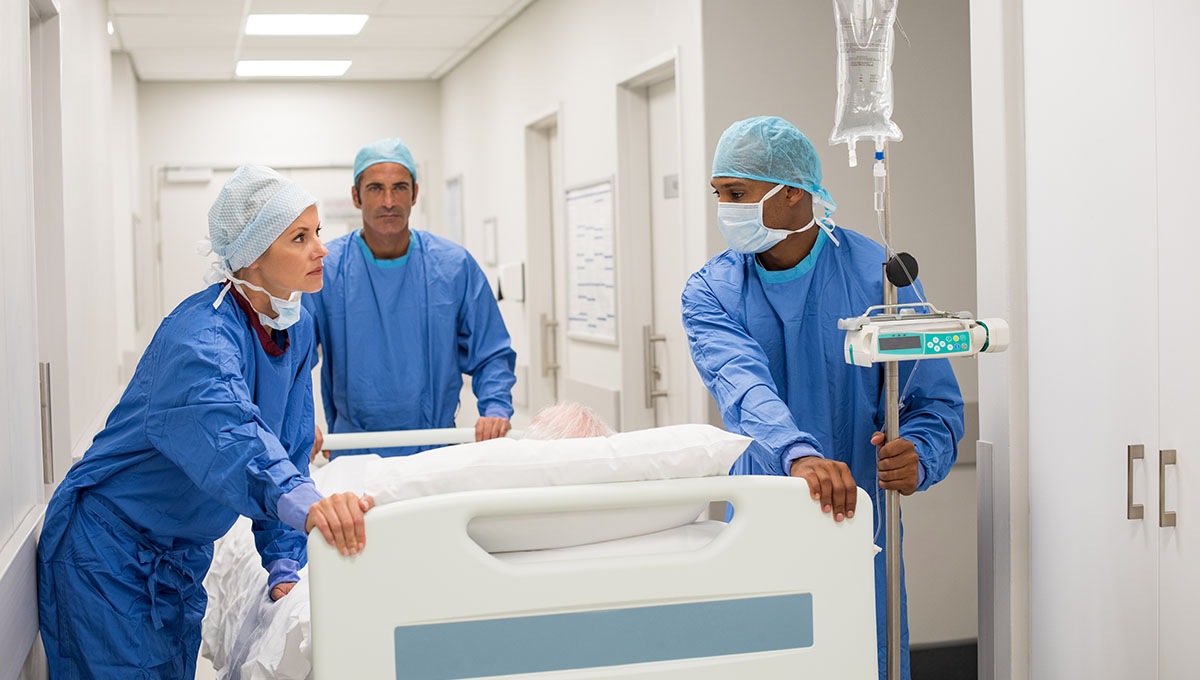The American hardware industry is undergoing a renaissance. New players are emerging across aerospace, automotive, defense, and beyond—and they must iterate more quickly, and with more complexity, than ever before. Just as software developers needed new tools to move from a waterfall framework to the more flexible agile approach, hardware now needs a different type of collaborative platform—one that can instantly align requirements across systems to build safely, reliably, and quickly.
That’s why Flow Engineering is poised to have a generational impact.
Whether it’s an electric vehicle, a rocket, or a robot, building complex hardware requires full context throughout the system: changing the thermal parameters for a single component, for example, can have a ripple effect through the rest of the design. But the legacy products used to track these requirements are clunky artifacts of a bygone era and simply don’t measure up. Engineers are reluctant to use them, and they make development cycles, already famously long in hardware, even longer.
Today’s electric vehicles have more in common with computers than internal combustion vehicles. And Flow founder Pari Singh knows that, like software, hardware’s future is agile. His insights are making Flow the default requirements management platform for the next generation of hardware companies.
Built specifically for agile hardware teams, Flow serves as a modern system of record, automatically verifying changes and propagating them downstream. Its magic lies in the collaboration it enables. Flow feels natural and intuitive for systems engineers and their domain-specific colleagues alike, and integrates with a full suite of engineering tools. Teams can break down silos and iterate continuously, working together and with outside partners in real time, all from a single source of truth. As with software development, these shorter feedback loops dramatically reduce time to market—which gives Flow’s customers a critical competitive advantage.
Born and raised in London and obsessed with engineering from a young age, Pari was a 22-year-old Imperial College graduate when he launched a design consultancy for hybrid rocket engines. He built a tool to do in two hours what took others twelve weeks. This led to the innovative idea behind Flow. As we at Sequoia have gotten to know Pari, we’ve found him to be clear-thinking, driven, and resilient. He is also relentless in his pursuit of top talent and building a truly special team—which is fortunate given the company’s rapid growth.
Flow is working with top companies across space, defense, nuclear, aero, and robotics, including Rivian, Joby, Astranis, and Radiant Nuclear. As this next generation of hardware businesses continues to scale, we at Sequoia are pleased to lead the Series A to help Flow accelerate their success. The team is hiring now both in London and at their new HQ in San Francisco.
Through the combined effort of systems engineers and their colleagues, a collection of pumps, valves, and pipes can become a spaceship—and the future of hardware engineering itself will require the same kind of extraordinary collaboration. In this industry-wide effort to build the hardware of tomorrow, we believe Pari and the team at Flow are leading the way.









